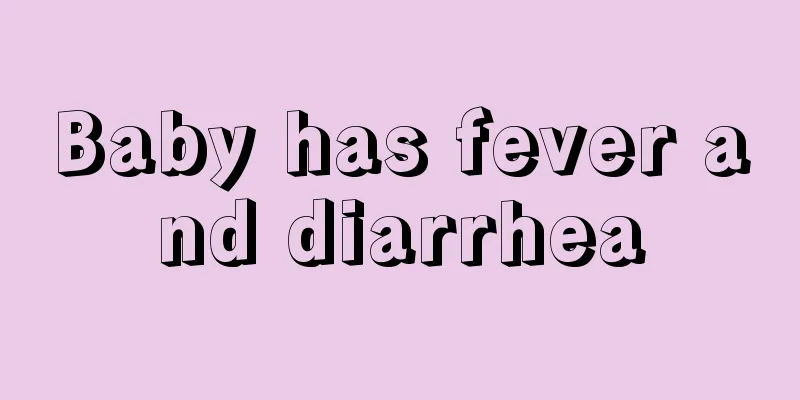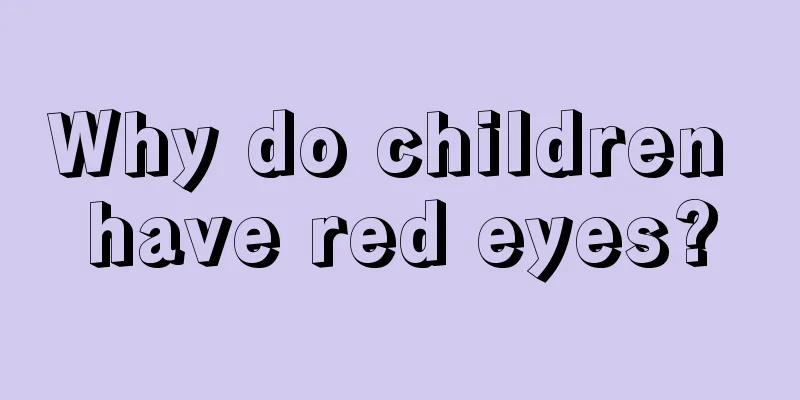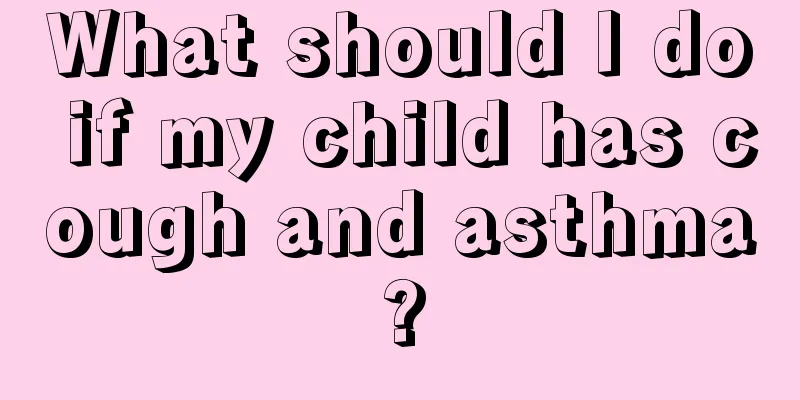What causes a child’s big belly? Parents, come and learn!

|
If a child has a big belly, the first thing to consider is obesity. If the belly grows larger in a short period of time, it is most likely a sign of bloating. It may be that the baby has eaten something unclean or it may be caused by indigestion. 1. Stomach bloating Bloating is a common factor in causing children to have a big belly. There are several reasons that cause children's stomach bloating: 1. Taking in too much at one time. Children have the habit of overeating, especially when they encounter their favorite food or new varieties of food, they are not restrained and consume too much at one time, which can easily cause indigestion and bloating in children. 2. The food you eat is not easy to digest. Since children have limited digestive abilities, if the food they consume is difficult to digest, it is likely to cause bloating in their stomachs. 3. Unreasonable diet. When a child starts eating complementary foods, if his parents do not provide him with reasonable three meals a day, it may also cause indigestion and bloating in the child. 2. Obesity: Children who are too obese can also have a big belly. Parents consider that their children are growing and developing, so they constantly supplement their children with various nutrients. Improper diet of the children can lead to a big belly. The following characteristics may indicate that a child is suffering from obesity: 1. Age of onset: The three periods when obesity is prone to occur are within 1 year after birth, 4-5 years old and adolescence. 2. Excellent appetite, eat a lot, like sweets and fatty foods, and often have bad eating habits. 3. Subcutaneous fat is evenly distributed, and white or light red stripes can be seen on the skin of severely obese children. Pay attention to identifying pseudomastia and genital dysplasia in boys. 4. During adolescence, children may grow too fast, and their bone age may be normal or exceed their actual age. 5. Obese girls may enter puberty earlier than normal children, while the opposite may be true for boys. 3. How to care for children with big belly and bloating? 1. Nutritionally balanced diet Parents need to reasonably match the food for their children, make it diverse, avoid the food being too monotonous, and the food should be easy to digest, so as to effectively prevent the symptoms of bloating in children. 2. To cultivate good eating habits, parents must prevent children from developing bad eating habits. If children have the habit of overeating, parents must help correct it. 3. Abdominal massage: When parents feed their children improperly and their children accidentally develop bloating, give the children an abdominal massage. 4. Taking digestive medicine When the child has a bloated stomach, parents can give the child some digestive medicine, such as Mami Love, and some Chinese patent medicines, etc. At the same time, do not forget to give the child abdominal massage as an auxiliary therapy. 5. Eat some digestive foods. When a child has a bloated stomach, you can adjust the diet and give the child some digestive foods or foods that are easy to digest. Try to eat small meals frequently until the child's bloating symptoms disappear. |
<<: What can babies eat when they have a fever? These foods work well
>>: What should I do if my child has stomach wind? These methods to cope
Recommend
ADHD Intelligence
Children with ADHD have relatively low intelligen...
My child's eyes suddenly became swollen. What happened?
Children under three years old are in the first c...
What are the symptoms of hand, foot and mouth disease encephalitis?
Hand, foot and mouth disease is a common infectio...
What are the reasons why two-month-old babies cry at night?
Babies are a relatively weak group. They cannot s...
What are the dangers of leg pinch syndrome?
The Chinese people are still relatively conservat...
4-year-old baby has bad mouth
If a 4-year-old child has bad breath, the most co...
Can babies eat raw cucumbers?
Many children need extra attention to their diet ...
Why are baby's eyelids red?
Red eyelids in babies are a very common problem n...
What causes baby's hand shaking?
Babies are usually very active, so parents may no...
Children have a fever at midnight
It is common for children to get sick, but parent...
What complementary foods are available for babies aged 6 and a half months?
For many mothers, the baby's health is someth...
How to lose weight in children
Nowadays, childhood obesity has become a problem ...
What causes baby dandruff?
Generally speaking, dandruff mainly troubles adul...
What to do after children swim?
This summer is so hot that I can feel the burning...
Homemade pasta recipes for children
We know that pasta is not only delicious but also...









